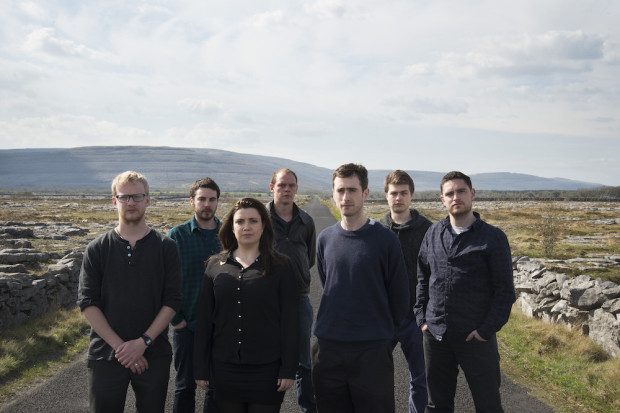Letters: Music and Loss in England
Carlo Gébler, Enniskillen, writes:
Chris Wood’s piece was a mite too tentative, a mite too hedged with caveats (I’m just a musician, this is just my personal opinion, and so on) but I found little in it with which to disagree. Yep, he’s right. England was an agricultural country until the eighteenth century when (with the enclosures) the country was confiscated and the majority population were then obliged to go off and do something else (work in factories), and once that connection to the land was ruptured, the inspiration for folk was lost and the tradition atrophied.
The thing though, is that it didn’t happen overnight. D.H. Lawrence’s miners are saturated with a sense of the country and traditional culture in the widest sense: they may work down a pit but they have access to the landscape and the art that sprung from it. George Orwell, similarly, is alert to the possibilities of interaction between an urban proletariat and the country – and Orwell himself, of course, had a rural childhood and adolescence with lots of hiking, rabbit-shooting and so forth. Orwell had his little allotment later in life too. He was far from alienated from the land. On the contrary, he was intimate with it, and out of that relationship came his best book, Animal Farm.
In other words, the alienation of the English from the countryside has been gradual and, if we must pinpoint a time when the process really accelerated, then I would say the last fifty years rather than the eighteenth century (which I think just represented the start). The complete English alienation from the land (and the popular culture associated with the land, the music, the songs, et cetera) is really a post-war phenomenon. But what has made this happen isn’t simply that everyone’s been shoved into a high-rise and motorways have been built between the town and the countryside (though these have contributed to that alienation) but a whole connected network of horrible things.
Television has played a part because it has created a culture of anti-rural metropolitans whose power was recently signalled with the recent ban on fox-hunting. The death of the family has had a lot to do with it. So has the worship of the car. And so has the way space has been increasingly privatised (despite the opening of footpaths to walkers). The sheer exhausting monotony of urban existence has played a part. So too has the triumph of musical philistinism.
I’m sure there are other contributors to the malaise too: my list isn’t exhaustive. I do know, however, that together, all these factors have put a barrier between the population and the rich culture of traditional music (the culture created by that figure known as Anon., as Mr Wood terms it).
I also can’t see how the rupture can be repaired. If the English are going to find their rich heritage it won’t be enough to put Richard Thompson et al on telly and Chris Wood on Radio 3. If they’re going to reconnect they’re actually going to have to change the way life is lived.
Published on 1 May 2006












